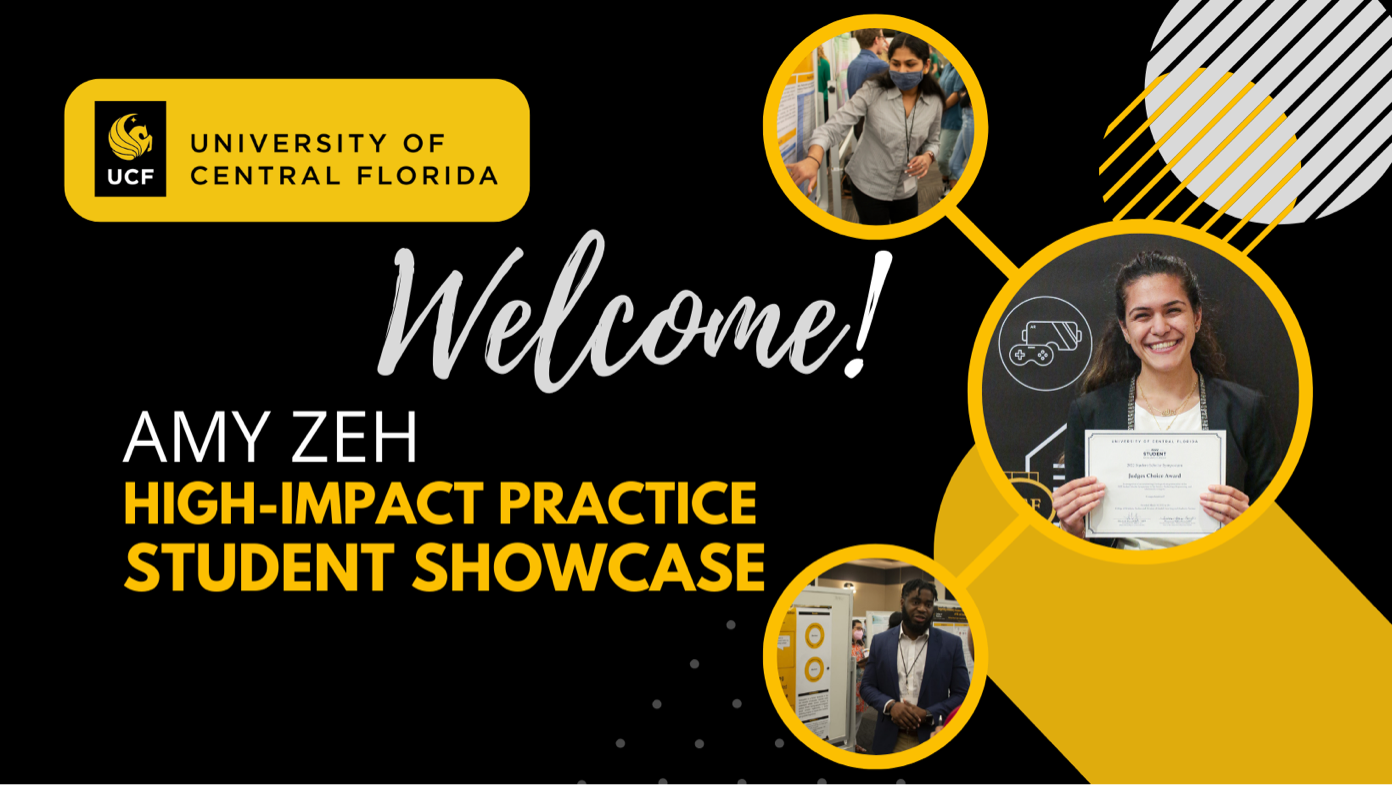High Impact Practices Student Showcase Fall 2023
Course Code
LDR
Course Number
3215
Faculty/Instructor
Professor Shemeca Smith
Faculty/Instructor Email
Shemeca.Smith@ucf.edu
Abstract, Summary, or Creative Statement
Educational inequality is an often-overlooked topic and frequently victims of educational inequality aren’t aware they’re victims to begin with, making it difficult to identify as a problem. At the collegiate level, educational inequality becomes less prevalent as many victims of educational inequality don’t reach college, however it is still present through numerous facets. The facets are of educational inequality are however similar at a collegiate level to their counterparts in K-12 education, they tend to be factors such as socioeconomic status, implicit bias via race or ethnicity, and local government policies along with school policies.
Many of the aforementioned factors tend to be directly linked together and take place together, however not always. Government policy and politics are then often influenced by more macroscopic factors such as political affiliation, the nearby area’s wealth, and population demographics. Allowing education to be influenced significantly by these factors systematically introduces oppression that can be hard to recognize and can be detrimental to a student’s educational success and interest.
Keywords
educational opportunity
Recommended Citation
Isaacson, Noah, "Educational Opportunity and It's Role in College" (2023). High Impact Practices Student Showcase Fall 2023. 33.
https://stars.library.ucf.edu/hip-2023fall/33


